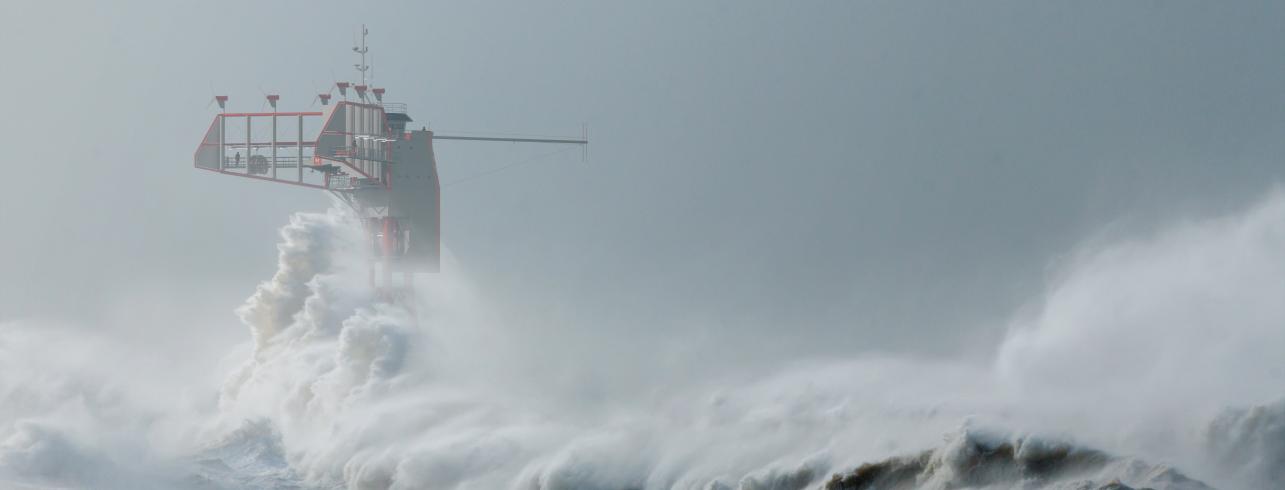
The construction of the Polar Pod, represents a major commitment by France to oceanographic research. This vertical vessel and silent oceanographic platform with no propulsion of its own will be driven by the circumpolar current, enabling essential scientific data to be collected.
From 2023 to 2026, the Polar Pod will be used to collect valuable data on various aspects of the ocean, including phytoplankton, marine biodiversity, marine fauna (using acoustic techniques), plastic pollution and carbon absorption. Those data are currently lacking or highly fragmented, and collecting them will improve our understanding of the ocean and its role in climate regulation.
The Polar Pod will be resupplied by a sailing vessel called Perseverance. This mission will highlight the close relationship between the ocean and the atmosphere, and provide a better understanding of the interactions between these two complex systems.
This initiative demonstrates France's commitment to advanced oceanographic research and the fight against climate change. By collecting accurate and comprehensive data, the Polar Pod will contribute to the development of more accurate climate models, providing essential information for making informed decisions to protect the environment.
Scientific coordination is being provided by CNRS, in partnership with CNES and Ifremer. Ifremer is managing the construction of the platform. The research programme involves researchers from 43 institutions and universities in 12 countries. The data and observations will be accessible to the entire international scientific community.
